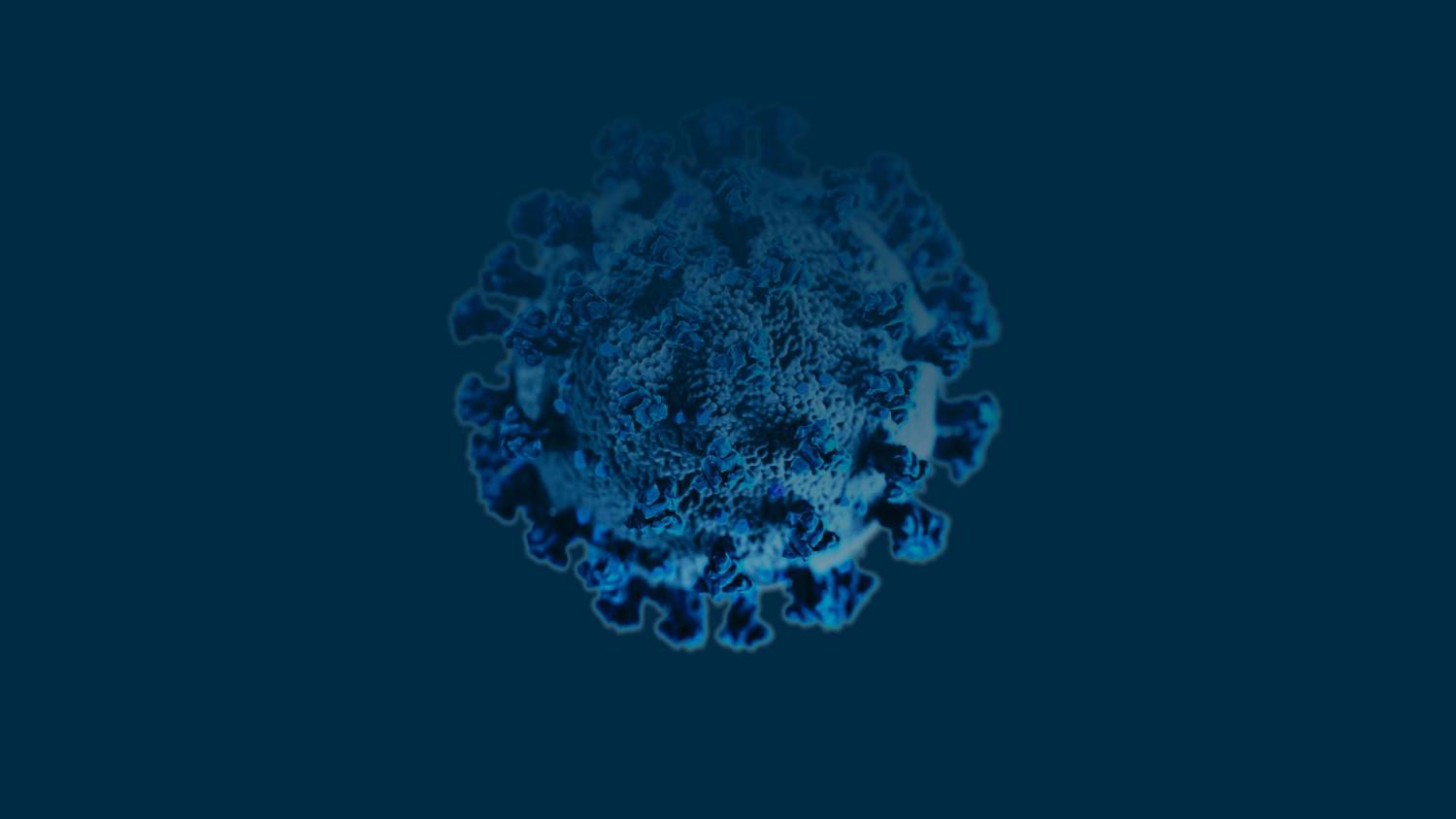In this episode of COVIDcast, Richard McGregor, Lowy Institute Senior Fellow, sat down with Chris Buckley of the New York Times to discuss Xi Jinping’s China. Buckley is widely acknowledged as one the world’s leading authorities on Chinese politics. He was back in his hometown of Sydney after the Chinese government refused to renew his visa allowing him to work as a journalist in China.
Buckley believes that Xi retains much support. But there are segments of the political and academic elites that have a much more sceptical view of Xi and China’s performance.
Buckley says that it is too early to tell the impact of Covid-19 on the standing of Xi. With the Chinese economy still in the doldrums, albeit further into a recovery than most other economies around the world, the Covid crisis will have a long tail in the country, as it will elsewhere. But Buckley believes that Xi’s position is surprisingly “robust” given that only a few months ago, many commentators were talking about “China’s Chernobyl”, in the belief that the party and the country would not be able to recover from the virus.
What we have seen since then, he says, is the party and country “claw back” their position. He puts that down to a number of reasons. First, they have managed to bring down the number of infections faster than many people had thought. On top of that, the spectacle of mismanagement in Western countries, particularly the US, have also helped the Chinese leadership. The Chinese propaganda system can now tell its people – our system worked, whereas rival systems didn’t.
At the broadest popular level, Buckley believes that Xi retains much support. But there are segments of the political and academic elites that have a much more sceptical view of Xi and China’s performance. These are the people, says Buckley, who have more privileged access to information and have a clearer understanding of the missteps the party made early on. That doesn’t mean that these people will be able to challenge Xi’s leadership, but it will matter in the future, in 2022, when the next communist party congress will be held.
One group which has been especially critical of China’s performance is the medical community, which saw the early faults up close, on top of the shortcomings of the public health system. Their message is – yes, we have done well in bringing the virus under control, but please look at the early mistakes. Immediately before being forced to leave China, Buckley spent four months in Wuhan. The resilience of the city’s residents, who were subjected to a brutal quarantine, impressed him. The experience also displayed how Xi’s reinvigoration of the party system at the local level allowed officials to lock down the city, as much through cajoling and persuasion as through heavy security.
“Unless you have a large communist party system in your neighbourhood, you are not going to be able to replicate” what China did, Buckley said.
COVIDcast is a weekly pop-up podcast hosted by Lowy Institute experts to discuss the implications of COVID-19 for Australia, the Asia-Pacific region, and the world. Previous episodes are available on the Lowy Institute website. You can also subscribe to COVIDcast on Apple Podcasts, listen on SoundCloud, Spotify, Google podcasts, or wherever you get your podcasts.

